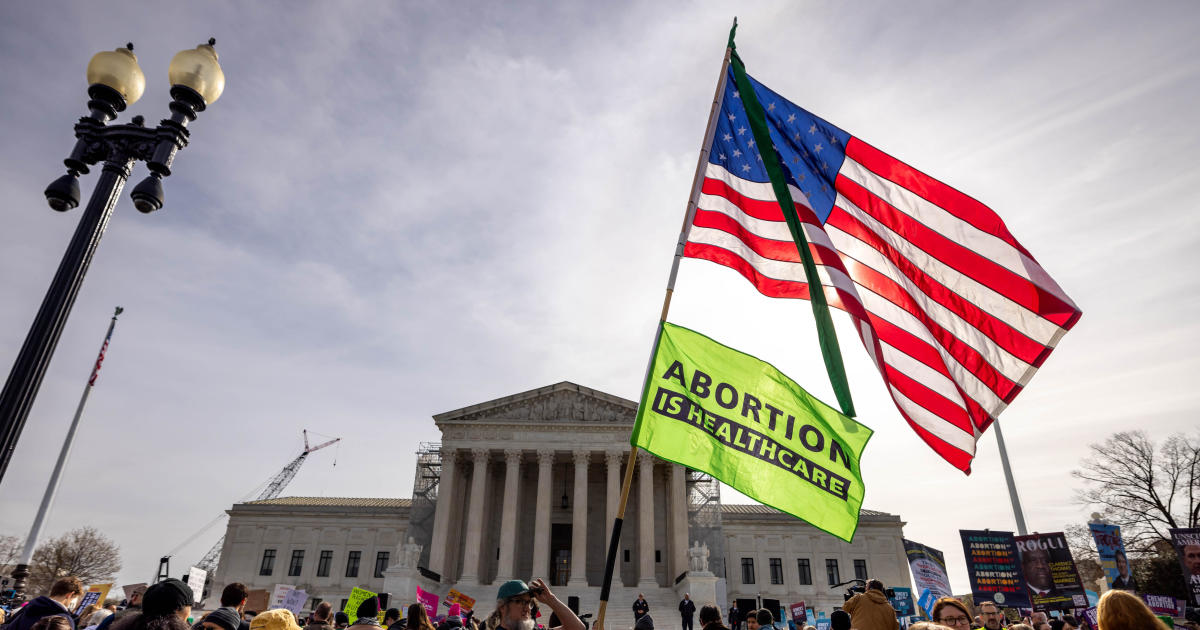CDC advisory committee to vote on "updated recommendations" for use of Johnson & Johnson COVID vaccine
A CDC advisory committee is meeting Wednesday to discuss Johnson & Johnson's COVID-19 vaccine and vote on "updated recommendations" for its use. The meeting of the Advisory Committee on Immunization Practices and vote come a day after the CDC and FDA recommended a "pause" in the use of the vaccine to review blood clot cases.
Acting FDA Commissioner Janet Woodcock told reporters on Tuesday she expected the pause to last "a matter of days" while federal health officials reviewed data related to six rare blood clotting events and mulled updated guidelines.
The recommendation for the pause was not a mandate. But states and cities quickly moved to stop administering Johnson & Johnson shots in the line with the guidance.
The White House emphasized the pause "will not have a significant impact" on the nationwide vaccine plan.
As of Monday, more than 6.8 million doses of the Johnson & Johnson vaccine had been administered across the U.S., a small portion of the overall 190 million COVID vaccine shots that had been given nationwide — most of them from Pfizer and Moderna.
The cases that prompted the recommended pause occurred in women and involved a blood clot called cerebral venous sinus thrombosis, which was seen alongside low levels of blood platelets, according to a statement Tuesday from the FDA and CDC. Symptoms were seen six to 13 days after vaccination in the women, who were between the ages of 18 and 48.
"Treatment of this specific type of blood clot is different from the treatment that might typically be administered. Usually, an anticoagulant drug called heparin is used to treat blood clots. In this setting, administration of heparin may be dangerous, and alternative treatments need to be given," the FDA and CDC said.
The agencies said the "adverse events" seem to be extremely rare, but that the pause was important so health care providers could be made aware of the reactions and properly recognize and manage the cases, given the unique treatment required.
The women affected by the rare clotting were of childbearing age. "Clotting abnormalities are known in women who take birth control pills, so certainly there could be a hormonal aspect to this," Dr. Anthony Fauci said Tuesday, noting that this is one possibility officials were looking to investigate.



